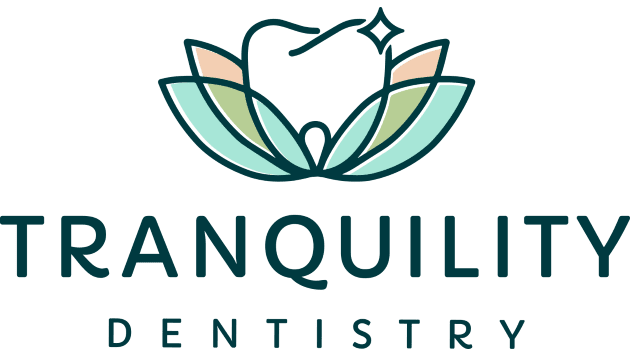
DIY Dental Care: Fact or Fiction?
What Really Works and What Doesn’t on Oral Health
In the ever-evolving landscape of health and wellness, do-it-yourself (DIY) dental care trends have emerged as accessible solutions for maintaining oral health outside traditional dental settings. From oil pulling to at-home teeth whitening, the internet is rife with advice on how individuals can take charge of their oral hygiene independently. However, the efficacy of these trends remains a subject of scrutiny. This blog aims to delve deeper into common DIY dental care practices, unravelling the truths from the myths, all while stressing the significance of professional guidance for the attainment of optimal oral health.
- Oil Pulling: Traditional Wisdom or Modern-Day Myth?
Oil pulling, an ancient practice that involves swishing oil in the mouth for purported oral health benefits, has experienced a resurgence in popularity. Advocates claim it reduces plaque and bacteria, but scientific consensus remains elusive. This can be considered a cautious stance, suggesting that while oil pulling may not be harmful, it cannot replace fundamental oral hygiene practices such as brushing and flossing.
- DIY Whitening Kits: Illuminating Smiles or Casting Shadows?
The pursuit of a brighter smile often leads individuals to over-the-counter whitening kits. Yet not all products are created equal, and some may prove abrasive, risking enamel erosion and heightened tooth sensitivity. Professional teeth whitening procedures, endorsed by many dentists, offer a more controlled and personalised approach, minimising potential risks associated with DIY alternatives.
- Activated Charcoal: A Cleansing Ritual or Cause for Concern?
Activated charcoal toothpaste, marketed for its detoxifying properties and teeth-whitening potential, has gained popularity. However, experts caution against excessive use, pointing to the abrasive nature of charcoal that may lead to enamel damage. There is emphasis that there is a need for additional research to validate the safety and effectiveness of charcoal toothpaste.
- DIY Braces: A Perilous Path to Straighter Teeth
In the realm of orthodontics, some individuals venture into the territory of DIY braces, attempting to straighten their teeth without professional intervention. This trend involves using household items to create makeshift braces, a practice vehemently discouraged by many dentists and orthodontists. Their strong stance stems from the potential for irreversible harm to teeth and gums.
- Mewing: Shaping Perspectives or Unsupported Notion?
Mewing, a technique claiming to reshape the face and align the jaw through tongue posture, has gained attention. However, scientific evidence supporting its effectiveness in dental health is limited. While some proponents suggest potential benefits, it is crucial to approach such practices with caution and seek professional guidance for comprehensive oral health.
In the expansive realm of DIY dental care, the journey involves navigating through a spectrum of truths and myths. While certain trends may offer benefits, others harbour potential risks. Individuals should approach DIY practices with discernment, weighing the potential harms and consulting dental professionals when in doubt. Striking a balance between effective at-home care and regular professional guidance ensures a resilient foundation for sustained oral health. Rather than solely relying on internet trends, individuals are encouraged to prioritise the expertise of dental professionals, safeguarding a healthy and confident smile for the long term.
